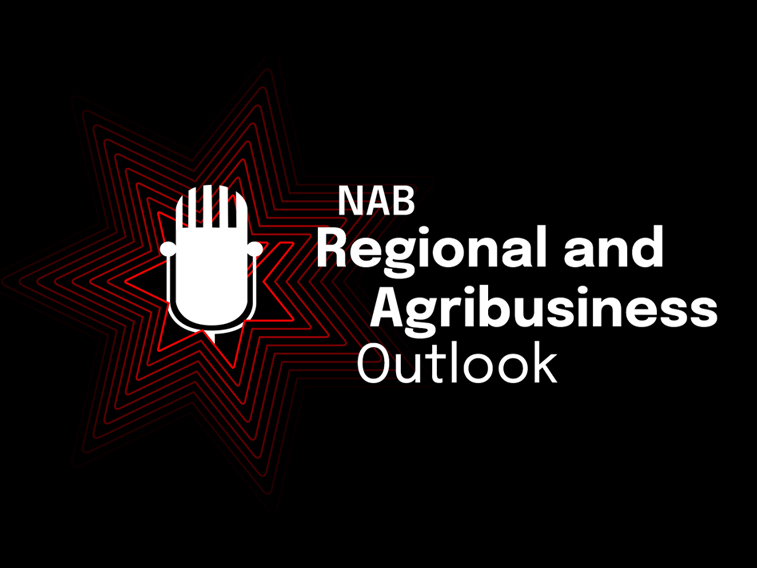Take a closer look at Australia’s Farm Management Deposits scheme with NAB senior leaders.

Podcast
David Hohnen, the former CEO of Cape Mentelle and Cloudy Bay, is combining his dual passions for wine and sustainable agriculture with a family winery called McHenry Hohnen and The Farm House, a butchery, smokehouse and smallgoods maker.

Moving from winemaker to producer of some of the country’s best smallgoods is not such a gigantic step, according to David Hohnen. The highly respected Margaret River wine industry pioneer turned smallgoods maker says many of the same skills come into play across both.
“As winemakers we work with taste, we work with aromatics, we work with texture,” says the man who established and guided the success of wine behemoths Cape Mentelle and New Zealand’s Cloudy Bay. “The whole training gives us the right skill set to make really good smallgoods. Plus the creativity – we need the skills of our butcher but we need the creativity that comes from being winemakers.”
Hohnen’s development of The Farm House, a butchery, smokehouse and smallgoods maker, has been part of an evolution that followed his departure as CEO of Cape Mentelle and Cloudy Bay in 2003.
Combining his dual passions for wine and sustainable agriculture Hohnen then launched a family winery, McHenry Hohnen, with his brother-in-law Murray McHenry and also turned his focus to farming and raising livestock using the natural biological farming methods the family had long embraced.
Having always run ruminant animals such as sheep in his vineyards to naturally increase soil vitality, he’d already been building the sheep flock that became his now acclaimed Arkady Lamb brand. He was also growing the herd of pigs that created the pork now sold under his Big Red brand (named after the matriarch, a family pet Hohnen adopted from her family after she got too big for them to manage).
“When you’re a winemaker growing grapes you have this ambition to make wine from that beautiful fruit,” he says. “I had animals and I wanted to value add.”
Hohnen says his aim with his lamb, pork and the smallgoods was to create the best possible product from animals raised incorporating natural farming methods and the highest standards of animal welfare that could deliver a farm to plate story second to none.
“We offer the percentage of people who actually think about the food chain a genuine opportunity for a farm to plate experience with the knowledge that everything’s been done with good, caring animal husbandry at every point.”
While at the heart of Hohnen’s smallgoods is the meat – lamb and pork rich with flavour influenced by an idyllic free-range lifestyle and feed diversity – it’s the attention to detail in the production process that also makes it sought after.
From the cured and smoked hams and bacon (both pork and lamb) to the specialty range of sausages, pretty much every step of the production process is done in house by Hohnen and his team, which includes a highly skilled butcher. “We make everything,” Hohnen says. “We buy nothing from a butcher supply house except salt and nitrite – we’re not afraid to use nitrite to make a good fresh ham that retains its colour but we use about two fifths of what would be considered to be standard.
“We make all our own brines; we have a stash of whole seed spices and leaf herbs and I’ve got a hammer mill I use to grind them up for the brines and our sausages.”
A secret to the smoked products is in the wood. Each year Hohnen heads to Western Australia’s orchard country to source wood from mature orchards being pulled out for replanting. “Last year it was apple wood and the year before it was cherry,” he says. “And that’s what we use in our big old smoker.”
While Hohnen’s fresh meat brands and smallgoods are now predominantly sold into restaurants and quality grocers, heading to the local farmers’ market each weekend with his chilled cabinets laden with produce remains one of the most satisfying parts of his work.
“It gives me a great deal of pleasure being out there and talking to our lovely customers who are engaging with the whole process,” he says. “We get such a positive response. I wouldn’t be doing this all if it wasn’t for the great feedback we get.”
More from NAB:
© National Australia Bank Limited. ABN 12 004 044 937 AFSL and Australian Credit Licence 230686.